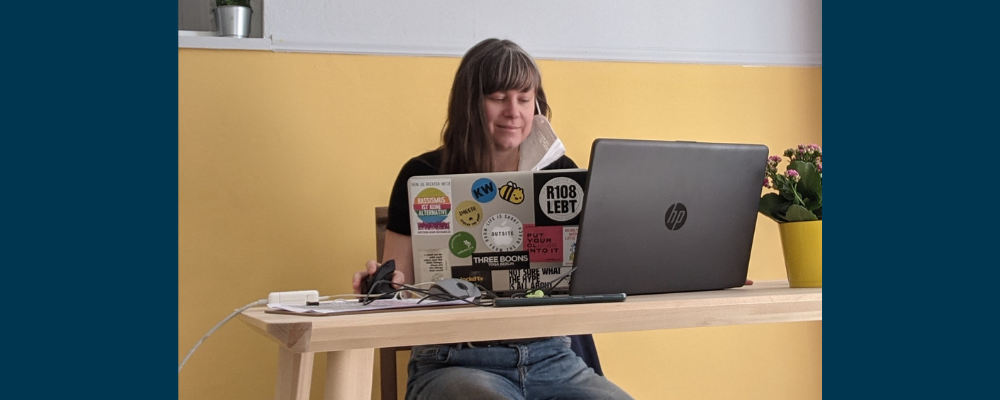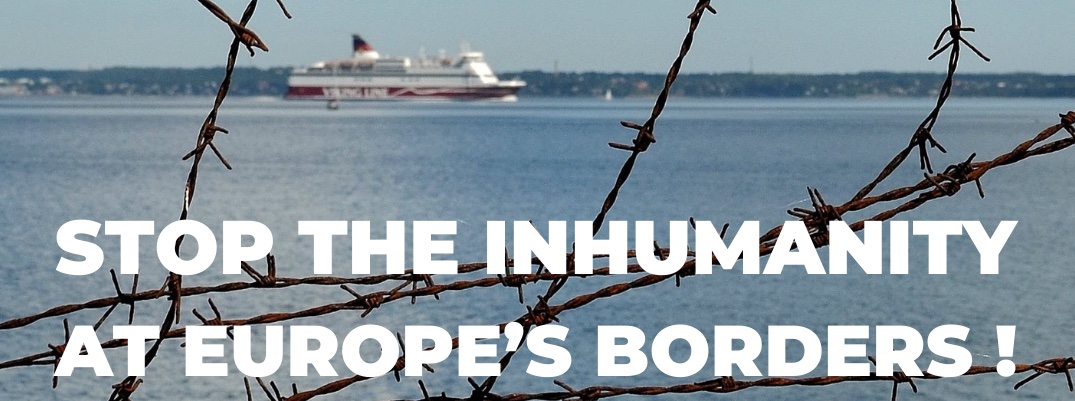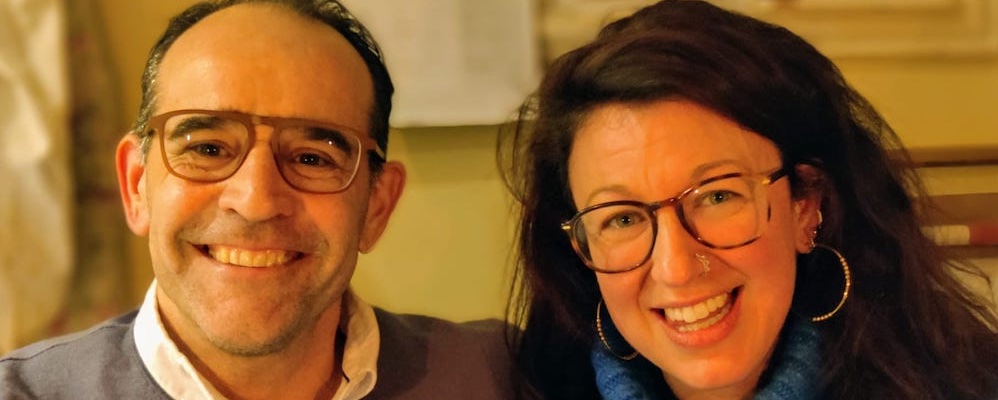We met author and activist Dina Nayeri in 2017 after she had written her very personal story about the burden of expectations on refugees in the Guardian. She loved what we were doing in Greece and so came to visit. She then went on to expand her Guardian article into a critically acclaimed book and wrote extensively about our work and philosophy.
To celebrate the launch of her paperback version during Refugee Week, we are publishing an extract and selling some copies from our Refumade store.
A bit of background…Dina was coming to visit our operation in Katsikas camp with about 500 residents at that time. But before that, we went to visit LM Village camp where we had been working and left a few months before. It gives a sense of the hopeless, run down reality of a refugee camp:
The gate into the camp opens onto an office, then old, fenced tennis courts. They’re littered with dead branches and debris. A dog growls at us from inside the court. Clusters of tree stumps skirt the fences. The court isn’t surrounded by pavement or stone or grass, just raw ground. Beyond the courts the ramshackle village looms in muted yellows and burnt sienna, colours that may have once been cheerful. They blend down into the dirt. We walk through LM Village in the rain. It’s deserted, ominous grey clouds hanging over the complex. Scattered hedges line the walk- ways. People peek out of numbered buildings. They drift in and out, glistening with idleness. I want to knock on doors, but first, Paul takes me to the site of his old store. Though it’s not meant to be a residential space, it serves as a bedroom now. One wall is window, looking onto the man’s bed, his toiletries and books.
We visit the clothing store. It hasn’t been shut but put in the hands of local workers, to sort and distribute donations. A Greek woman sits in a chair near the door, her eyes locked on her phone. Piles of clothing lie discarded on the floor, boxes overturned onto them. Children play in the piles. Bare hangers are strewn everywhere and rows of mixed winter clothing are jammed together on the racks. A boy and girl rummage through the piles, trampling the clothes. A toddler runs in. The worker doesn’t look up. I stare, transported to Barba, the donated clothing strewn in the courtyard. Paul walks from the racks to the piles, picks up a jacket. He shakes his head, shoulders dropping.
We visit a recreation room, a big empty space with a television hanging in a corner, a toaster in another and a few scattered remnants of a game room. On a wall beside an empty shelf, a label says coffee, tea, sugar. Beside another empty shelf, glasses. A fire extinguisher leans against a painted sign: To be different. A teenager smokes hookah and watches football as a younger boy fiddles with the pipe, waiting for him to find some energy. The floor and the benches are soiled from months of dirt.
Near an abandoned play area, a pool full of twigs, the commander of the camp joins us. He follows us around, nervous. He speaks a lot, tells jokes, mostly for Paul’s benefit. I disappear into the background. The play area is a creepy mangled version of itself. No children play in it. It reminds me of something out of Stranger Things – this is a holiday village from the Upside Down. Paul tells me that the residents call it ‘a holiday from hell’.
 There are 219 people in this camp, most from Syria, and yet there’s nothing to see but dogs and children and naked gloom. Everyone has a foot in bed and I remember how very little there is to do in a refugee camp. You’re not allowed to work. You’re not welcome in local schools; native parents are forever nursing fears of foreign disease. We find our way to the nursery. The teacher tells us about the toddlers in her class, their fragile shaken minds. One girl, she tells us, refuses to remove her backpack.
There are 219 people in this camp, most from Syria, and yet there’s nothing to see but dogs and children and naked gloom. Everyone has a foot in bed and I remember how very little there is to do in a refugee camp. You’re not allowed to work. You’re not welcome in local schools; native parents are forever nursing fears of foreign disease. We find our way to the nursery. The teacher tells us about the toddlers in her class, their fragile shaken minds. One girl, she tells us, refuses to remove her backpack.
This girl, I know, is toeing a road without end. I’ve refused to take off my backpack for thirty years. Her teacher tells us that she won’t put the bag aside to sing or dance or play. The adults have tried every tactic, suggesting that she keep the backpack but empty it in her room, so it’ll be lighter. I chuckle. The backpack is about one thing: holding your diminished identity, the pieces of your life. The glossy pink receptacle is meaningless.
Now the skin inside my throat loosens, my body’s crude warning sign from my schoolyard days, at first grating, like an unreachable flap of skin, then maddening. I don’t want to be here. I have a home now; why did I return to this wretched limbo? Why am I not living my life, grateful for every minute I’m allowed to come and go in the free world? What if I’m stuck at the airport? What if my passport gets stolen? What if I’m detained? Where is my Elena? I breathe in as deep as my breath will go, until my lungs are full and I force the thing in my throat back down into place.
But I do know why I’m here – I’ve come because the world is turning its back on refugees, because America is no longer America and Europe is going the same way: these once-Christian nations have abandoned duty in favour of entitlement and tribal instinct. I’m here because I have a skill, born out of my own idle refugee days. I’ve watched people when they’re ordered to do nothing and I know just how life reasserts itself, like that first bubble in still water before the whole pot comes to a boil. I’m here to make a few stories leap out from the tepid simmer of information and to carry those stories to the West, a mother who once adopted us, the exiles and outcasts, and now needs us to intervene as callouses harden fast around her heart.
And there is another reason too. Now that I have a daughter, it’s time I made sense of my own story and identity so she can be certain of hers.
 We have now sold out of our copies of The Ungrateful Refugee. All proceeds went to support our work. You can see what else we are selling through Refumade.
We have now sold out of our copies of The Ungrateful Refugee. All proceeds went to support our work. You can see what else we are selling through Refumade.



